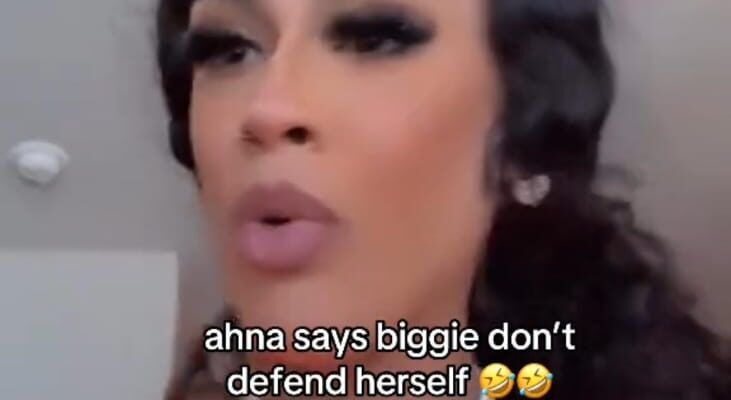
When Ahna says “Biggie don’t defend herself,” she’s making a statement that carries emotional weight, layered meaning, and possibly frustration. To unpack this in 500 words, we have to look at the context in which someone would say this and the implications behind it.
At face value, Ahna is pointing out that Biggie—presumably someone in her life—is not standing up for herself when she’s challenged, attacked, or misunderstood. This can be both a statement of observation and of concern. Maybe Biggie is constantly being blamed for things she didn’t do, or she’s allowing others to walk over her without speaking up. In Ahna’s eyes, this lack of defense can look like weakness or silence in moments when a strong voice is needed.
But why wouldn’t Biggie defend herself? There could be several reasons. She might be non-confrontational by nature, someone who avoids conflict even when she’s in the right. Maybe she believes staying quiet is safer or more peaceful. It could also be that she has been conditioned, either through upbringing or past trauma, to stay silent because speaking up never helped—or even made things worse. In those cases, “not defending herself” is a form of survival, not submission.
Ahna’s tone in that statement matters too. It might be frustration—like she wishes Biggie would just say something, show people she’s not weak, or prove them wrong. Ahna could be the kind of friend who’s protective, maybe even more outspoken than Biggie, and watching her friend shrink back in key moments could feel like a betrayal of self-worth. On the other hand, Ahna might not understand the full story. Sometimes people think someone should be more outspoken without realizing that quiet resilience is a form of strength, too.
Another possibility is that Biggie does defend herself, just not in the way Ahna expects. Maybe she doesn’t raise her voice or argue, but she removes herself from toxic environments. Maybe she responds with kindness or silence because she knows the fight isn’t worth it. Some people express their boundaries and resistance through action, not words. Ahna might not see that as “defending” oneself, but in reality, it’s a valid and often mature way to handle things.
There’s also the deeper emotional layer. When Ahna says “Biggie don’t defend herself,” it might reveal her own helplessness. Maybe she’s tired of watching her friend suffer, be misunderstood, or be taken advantage of. Maybe she feels like she’s the only one fighting on Biggie’s behalf. In that case, her words are laced with sadness and a plea for Biggie to reclaim her power.
Ultimately, the statement is about more than just silence or inaction—it’s about perception, emotion, and the dynamic between two people. It raises questions about what it really means to defend yourself, how people respond to conflict differently, and how friendships are affected when one person sees the other as vulnerable or passive. In Ahna’s eyes, Biggie’s silence isn’t neutrality—it’s a wound, one that she wishes her friend would stop carrying alone.
